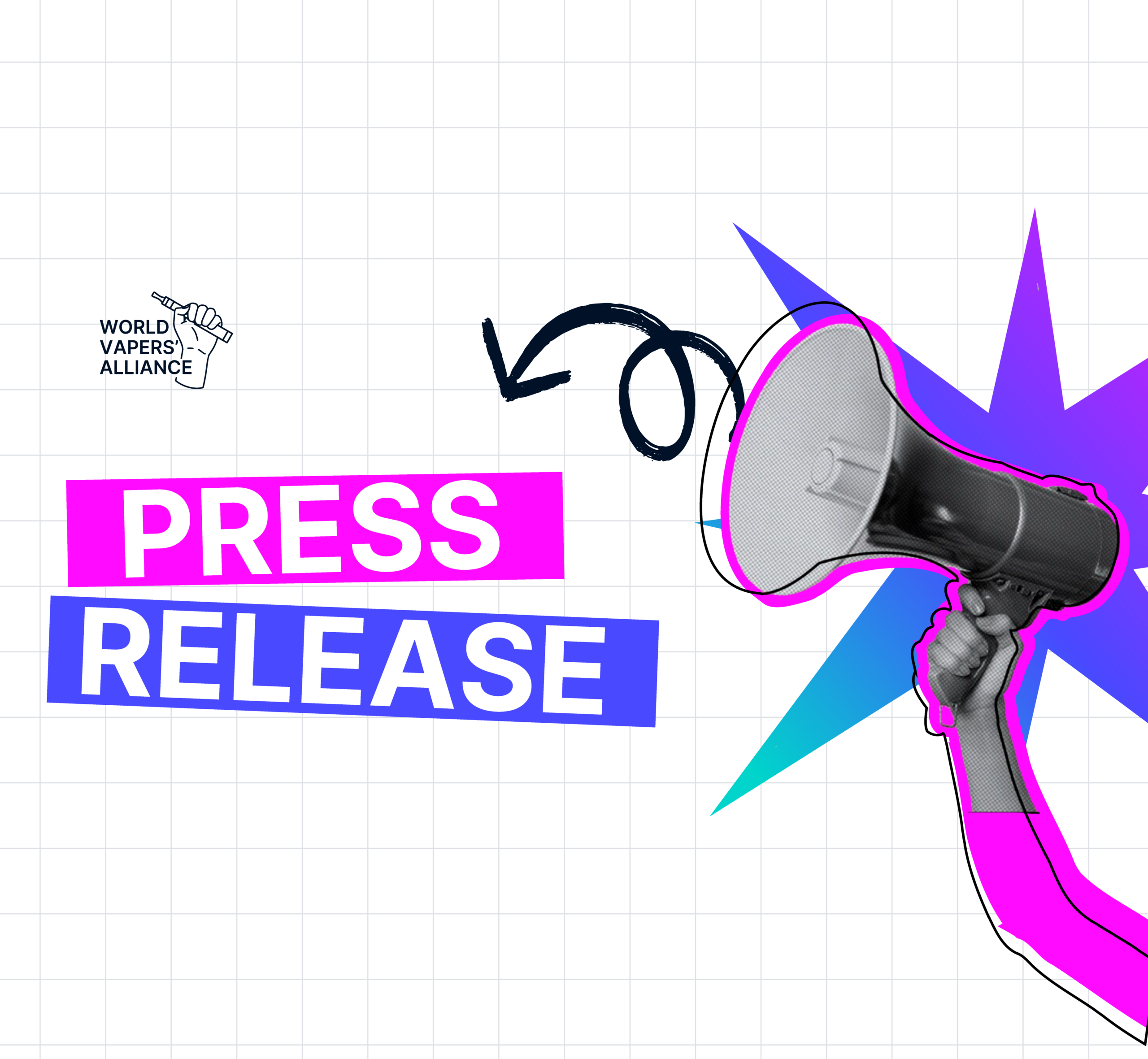Afrikak une kritiko bati aurre egin behar dio tabakoaren aurkako borrokan, 2025ean tabakoaren kontsumoa erlatiboa murrizteko 30% helburu globala hurbiltzen ari baita. Kontinenteak aurrerapausoak eman dituen arren tabakoaren kontrolerako neurriak ezartzeko, nikotina produktu alternatiboen gero eta ospe handiagoak debekuaren eta erregulazioaren arteko eztabaidak piztu ditu.
Nikotina poltsak eta zigarro elektronikoak eztabaida sutsuaren erdigunean egon dira politikarien, gurasoen eta osasun publikoko komunitatearen artean. Alde batetik, ikerketek erakusten dute poltsak eta zigarro elektronikoak zigarroak baino askoz seguruagoak direla, nikotina ematen baitute tabakoa erre gabe, eta horrek minbizia eragiten duten toxinak sortzen ditu. Bestetik, azken urteotan gazteen nikotina kontsumoaren gorakadak zalantzak sortu ditu heldu gazteek nikotinarekiko menpekotasuna izateari buruz.
Politika murriztaileek nikotina produktuen legez kanpoko merkataritza sustatu al dezakete?
Tabako eta nikotina produktu legez kanpokoen gorakadak debeku-estrategien porrota azpimarratzen du. Mundu osoko zergak altuenen artean daudenez, produktu legitimoak ordaindu ezinik daude Afrikako askorentzat. Aukera arautu, legal eta seguruagoetara sartzerik ez dutenez, erretzaileak produktu ilegaletara jotzen ari dira.
Kenian, adibidez, nikotina-poltsen aldi baterako etenaldiak —kalteak murrizteko aldekoek mundu osoan erretzearen alternatiba kaltegarri gutxiago gisa onartzen duten produktua— ez du eskaria murriztu. Horren ordez, merkatu beltz oparoa sortu du, non kalitate-kontrolik ez dagoen, eta kontsumitzaileak arautu gabeko eta kaltegarriak izan daitezkeen produktuen aurrean zaurgarri geratzen diren.
Nikotina-poltsen eta zigarro elektronikoen merkatu beltzak sortu dira neurri handi batean Afrikako herrialde askotan dauden araudi-ingurune zorrotzen eta legezko eskuragarritasun mugatuaren ondorioz. Zerga berezi altuek, debeku osoek eta kontsumitzaileen hezkuntza eskasak askotan kontsumitzaileak arautu gabeko iturrietara bultzatzen dituzte. Kontrabando-sareek araudi-hutsune horiek aprobetxatzen dituzte lizentziarik gabeko produktuak hornitzeko, askotan merkeagoak baina kalitate eta segurtasun zalantzazkoak direnak, eta horrek erretze-tasak eta delinkuentzia handitzea dakar.
Kalteak murrizteko produktuen eskaria erretzeari lotutako osasun arriskuen kontzientzia gero eta handiagoaren eta nikotina emateko sistema alternatiboen onarpen gero eta handiagoaren ondorioz sortzen da. Hala ere, politika murriztaileek —esaterako, Uganda bezalako herrialdeetan debeku osoak eta beste batzuetan inportazio murrizketa gogorrak— aukera seguruago eta arautuetarako sarbidea mugatu dute. Ondorioz, kontsumitzaileek merkatu beltzetara jotzen dute beren beharrak asetzeko, arautu gabeko eta potentzialki arriskutsuak diren produktuen eraginpean jarriz.
Frogatan oinarritutako araudiak debekua baino eraginkorragoa al da?
Nikotinaren kontsumoaren araudiak kalteen murrizketa, kontsumitzaileen babesa eta giza portaeraren inguruko itxaropen errealistak orekatu beharko lituzke, kontsumitzaileen aukera informatuak erraztuz. Araudiak kontsumitzaileei informazio zehatza eman beharko lieke eta fabrikazio eta merkaturatze garden eta fidagarria bermatu beharko luke, berrikuntza oztopatu gabe.
Nikotinaren erabilera debekuaren edo araudi oldarkorraren bidez mugatzeko ahaleginak ez dira huts egin bakarrik, arazoa areagotu egin dute askotan. Adibidez, Hegoafrikako COVID-19aren hedapena arintzeko tabako produktuen salmenta debekatzea; debekua ezarri aurretik, herrialdeko zigarro merkatu osoaren % 35 legez kanpokoa zen. Debekua ezarri ondoren, merkatuaren % 100 legez kanpokoa bihurtu zen. Operadore kriminalak hornidura katean txertatuta daude orain, eta urteak beharko dira hori alderantzikatzeko.
Debekuaren eta arautu gabeko merkatuen arteko binaritatea gaindituz, araudi pentsakorrak eta ebidentzian oinarritutakoak osasun publikoa babestu, Afrikako kontsumitzaileak ahaldundu eta giza portaera egokitu dezake. 2025ean araudi-esparru ñabardu bat onartzeak nikotinaren kontsumoa hobeto kudeatu eta komunitate osasuntsuagoa eta informatuagoa sortzeko aukera emango digu.
Oharra: World Vapers' Alliance webgunean argitaratutako gonbidatuen argitalpenetan adierazitako iritziak eta ikuspuntuak egile bakoitzarenak dira eta ez dute zertan ordezkatu World Vapers' Alliance-ren edo bere afiliatuen ikuspuntuak edo jarrerak. Hirugarrenen edukia argitaratzeak ez du esan nahi WVAk bertan adierazitako ikuspuntuak babesten dituenik.






Erantzun bat